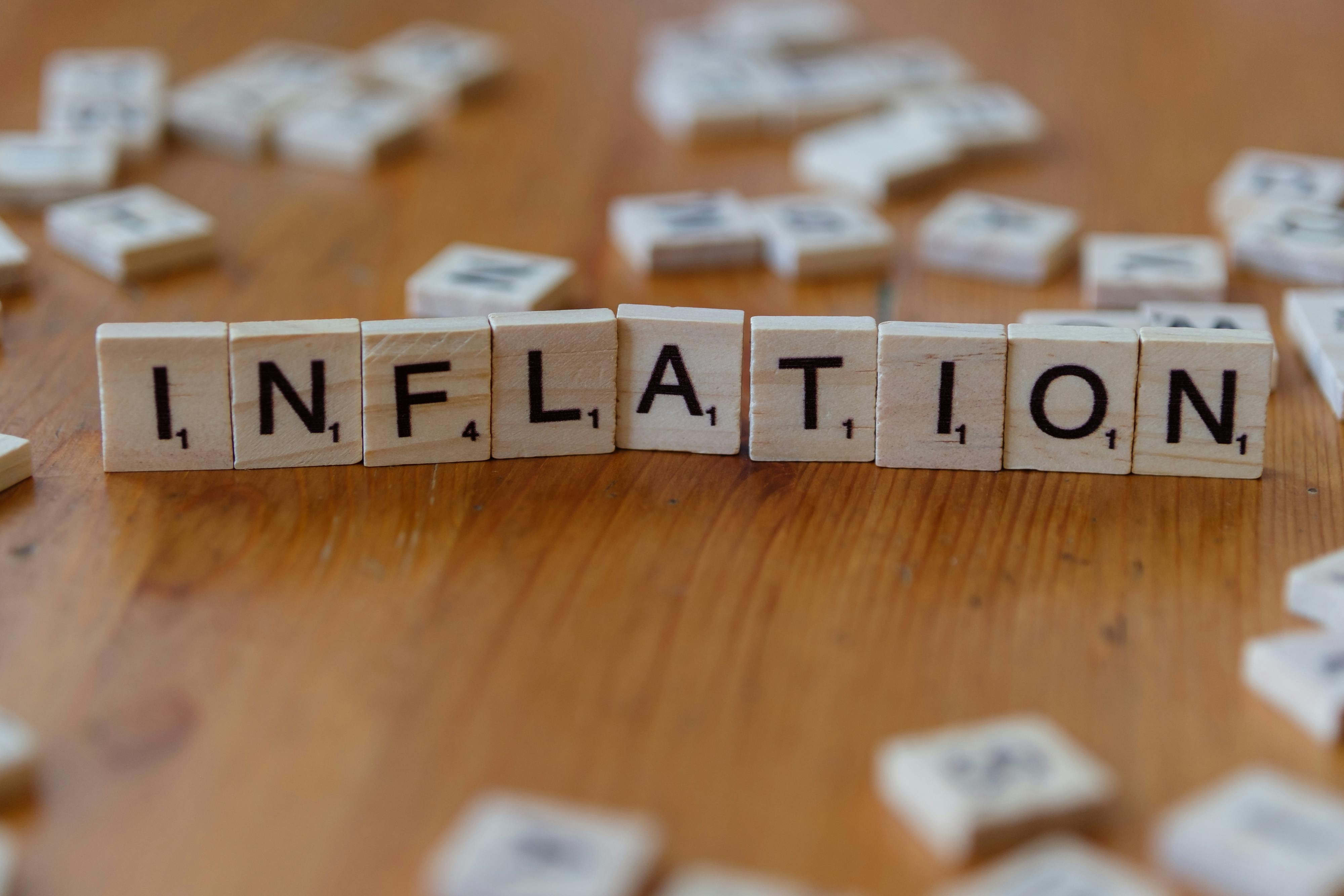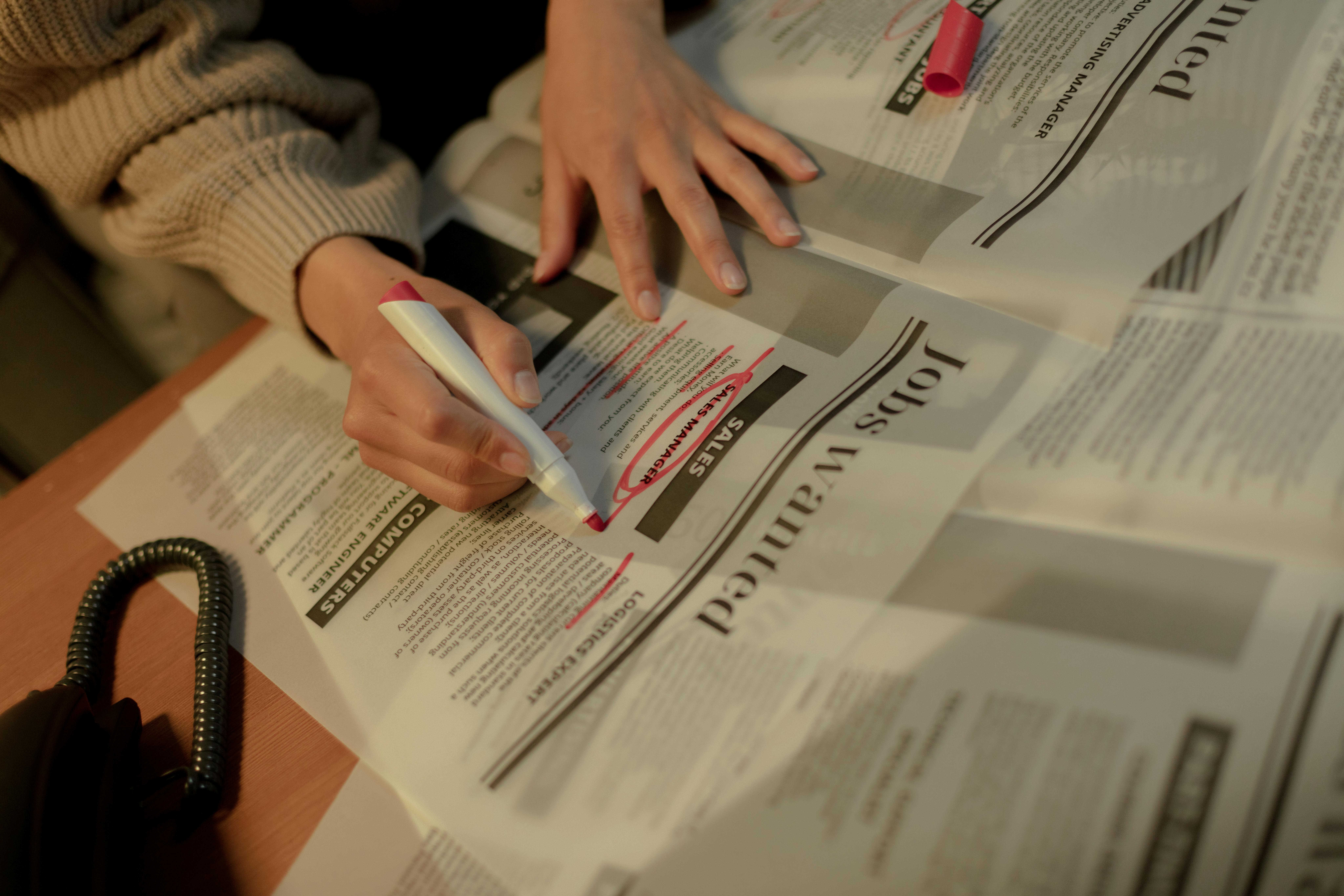
Stagflation Concerns Rise amid Economic Uncertainty, Experts Advise Consumer Caution
The U.S. economy remains in a “strong position” according to the Federal Reserve, but risks of stagflation—marked by high inflation, rising unemployment, and slowed growth—are mounting, officials and analysts warn. While inflation has eased from recent highs and unemployment remains low, it has not yet reached the Fed’s 2% target. The central bank has left interest rates unchanged, citing a “solid position” in the broader economy.
“The risks of higher unemployment and higher inflation appear to have risen,” Federal Reserve Chairman Jerome Powell stated on May 7.

Person looking for a job | Source: Pexels
Stagflation, an economic condition characterized by stagnant economic growth, high inflation, and rising or high unemployment, has not significantly affected the U.S. since the 1970s. However, it is now considered a more prominent risk than at any point in the past four decades, said Greg Daco, chief economist at EY Parthenon.
Driving much of the concern is uncertainty surrounding potential tariff changes. “Uncertainty, in and of itself, is a drag on economic growth,” said Greg McBride, chief financial analyst at Bankrate. He noted that businesses may delay hiring, investment, and production amid unpredictable trade policies, which could further slow economic activity.
Consumer sentiment has already taken a hit. According to the Conference Board’s April survey, confidence fell to its lowest point in five years. However, April retail sales increased, partly due to consumers accelerating purchases ahead of possible price hikes.

Scrabble letters spelling "Inflation" | Source: Pexels
Experts recommend several steps for individuals to prepare. These include paying down high-interest debt, building emergency savings while interest rates remain favorable, and avoiding excessive stockpiling in response to tariff fears.
“If stagflation comes to pass, you’re going to need that breathing room, because inflation will be high, and prices for all your expenses will be moving higher,” McBride said.
